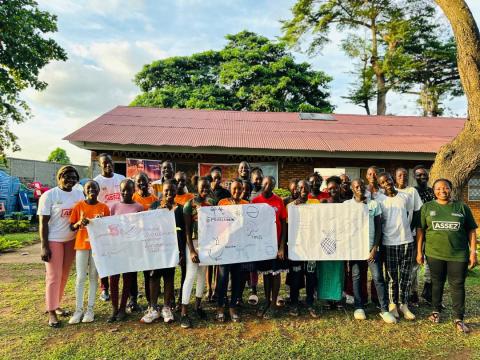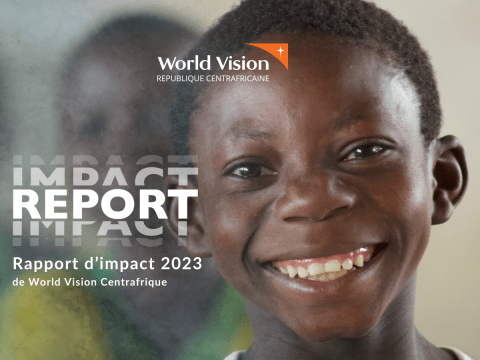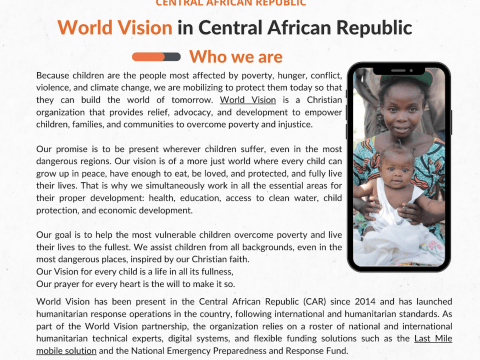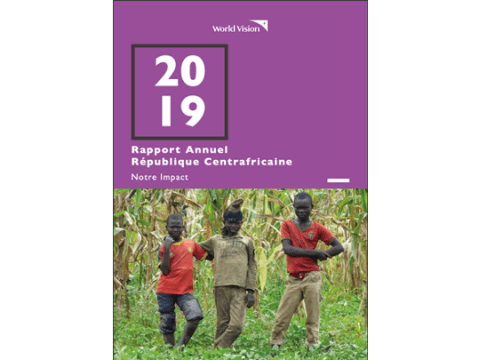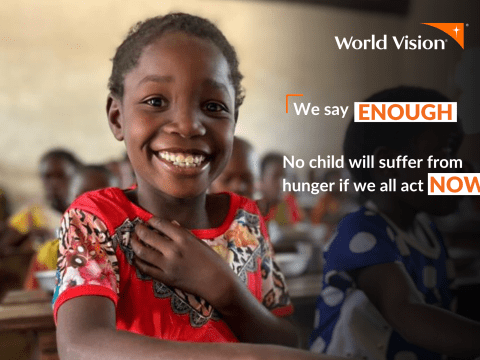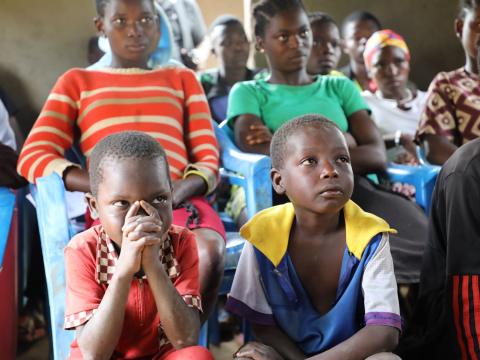
Les enfants ne commencent pas de guerres
Mais, ils sont disproportionnellement touchés quand elles se produisent. Découvrez comment le conflit en République Centrafricaine affecte les enfants et ce que nous faisons pour les aider.
République Centrafricaine
La République centrafricaine est confrontée à une crise humanitaire en 2023, avec 3,4 millions de personnes (56 % de la population) ayant besoin d'assistance et de protection, soit une augmentation de 10 % par rapport à l'année précédente. Parmi les personnes dans le besoin, 2 millions de personnes ont des besoins complexes et sévères qui mettent en danger leur bien-être physique et mental.
Le nombre d'enfants dans le besoin est de 1,6 million, et plus de 1,4 million de personnes ont besoin d'interventions contre la violence sexiste et 1,1 million d'enfants ont besoin d'interventions de protection de l'enfance.
Le secteur de la sécurité alimentaire compte le plus grand nombre de personnes ayant besoin d'assistance, avec 3 millions sur 3,4 millions de personnes dans le besoin à l'échelle nationale.
Le secteur de la santé requiert également une attention, avec 2,8 millions de personnes ayant besoin d'assistance. Le nombre de personnes nécessitant une assistance nutritionnelle a augmenté de 30% par rapport à l'année précédente, avec 1,5 million de personnes nécessitant une assistance curative ou préventive.
Le secteur WASH (eau, assainissement et hygiène) est également un domaine de préoccupation clé, avec 3 millions de personnes (58% de la population) n'ayant pas accès à ces nécessités de base, et seulement 30% de la population ayant accès à l'eau potable. .
Our Impact
2.1 million
World Vision Central African Republic is committed to impacting 2.1 million of the most vulnerable children (aged 0-18) by 2025, ensuring their increased well-being through sustainable recovery, resilience building, economic and climate justice, system strengthening, and addressing basic needs, emphasizing the sustainable impact on the lives of the most vulnerable children.
30,000
Aiming to promote better hygiene practices and reduce waterborne diseases in targeted communities across the Central African Republic. This work falls within the organization’s Water, Sanitation, and Hygiene (WASH) program and includes the promotion of rainwater harvesting technologies and micro-irrigation systems to support agricultural and livestock production, particularly during periods of limited rainfall and drought, thereby enhancing food availability.
Our Areas of Focus
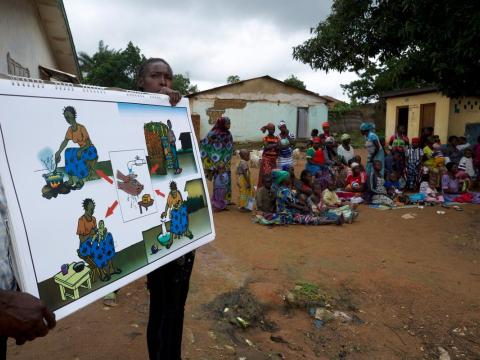
Community-Based Healthcare Initiatives
At World Vision CAR, our community-based healthcare initiatives focus on enhancing primary healthcare provision through collaboration with local healthcare professionals, volunteers, and community leaders. We implement projects such as community management of acute malnutrition, the 7-11 strategy for maternal and child health, total community sanitation, and the reinforcement of the community healthcare system.
Our efforts aim to improve the well-being of mothers and children in the Central African Republic and prevent unnecessary deaths.
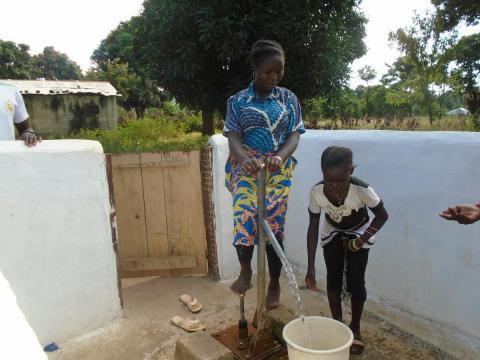
Water, Sanitation & Hygiene (WASH) Program
In our Water, Sanitation, and Hygiene (WASH) program, we strive to ensure equality in access to sustainable and sufficient sources of clean water while also improving sanitation and hygiene practices throughout the country. We promote the use of rainwater harvesting technologies and micro-irrigation systems to enhance food availability, especially during periods of limited rainfall and drought. Our program also works to improve community-level health by ensuring vulnerable individuals have access to water, sanitation, and hygiene services.
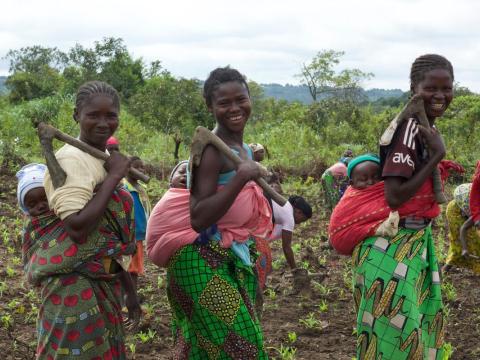
Food Security and Livelihoods
Addressing food insecurity in the Central African Republic, World Vision CAR provides essential emergency food aid and cash assistance while also focusing on long-term solutions. We help communities create productive assets, strengthen their livelihoods, and enhance their capacity, ultimately improving ecosystems and agricultural practices.
Our programs prioritize the empowerment of marginalized groups, particularly women, through initiatives such as savings groups, skills training, vocational programs, and support for youth affected by displacement or living in rural areas.
